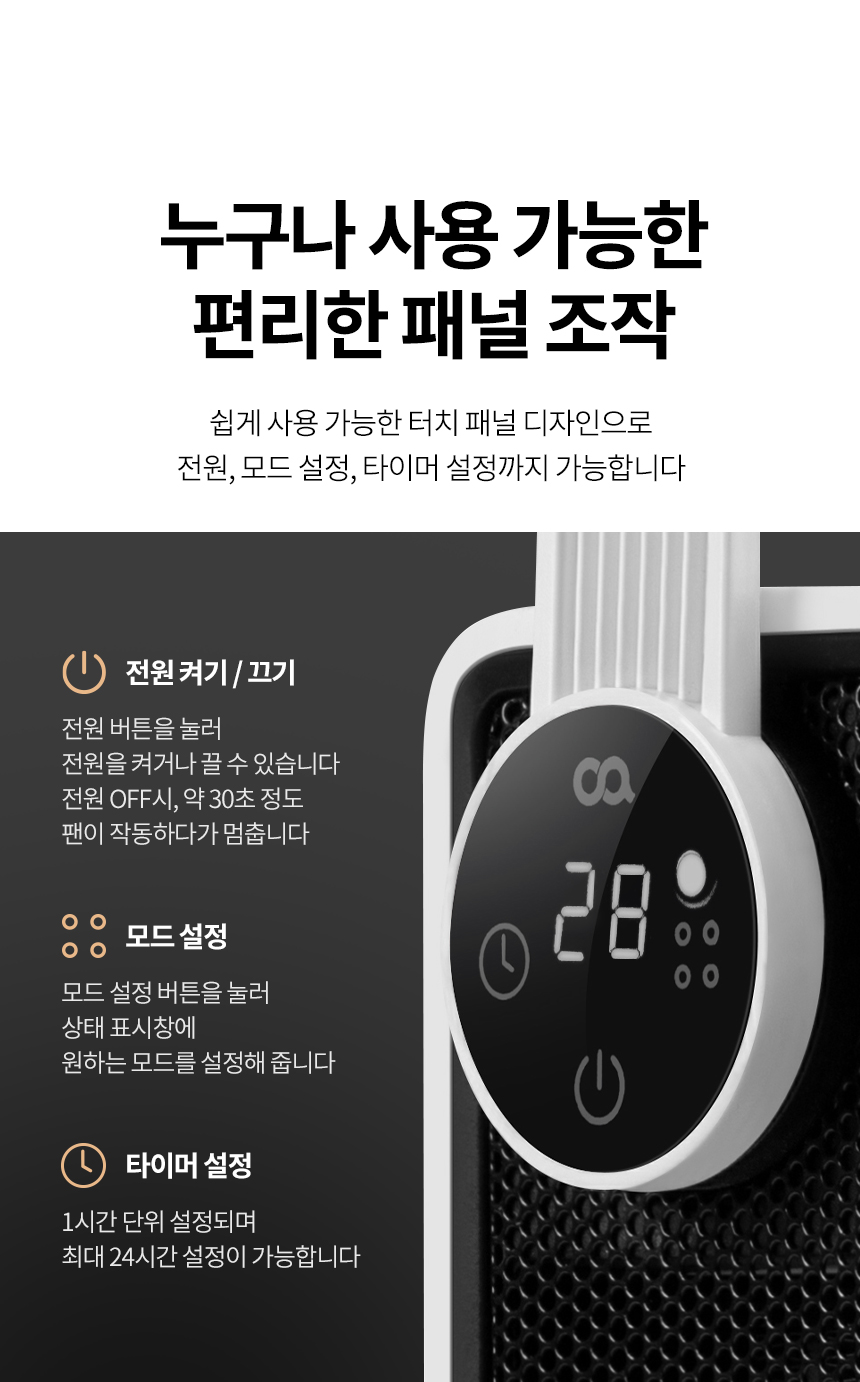In the evolving landscape of 2025, can technologies like DeepNude, once a symbol of ethical ambiguity, truly find a place, or does their very existence pose an unacceptable threat? The potential for misuse, coupled with the ease of access, means the risks associated with such AI-driven applications may perpetually outweigh their speculative benefits.
The allure of artificial intelligence continues to captivate, with advancements occurring at a relentless pace. However, this progress has brought forth a complex set of challenges, especially in areas touching upon personal privacy and digital ethics. DeepNude, an AI program known for its ability to generate nude images from clothed photos, serves as a stark illustration of these difficulties. Initially gaining notoriety for its ability to manipulate images in a highly realistic manner, DeepNude quickly became synonymous with controversy. Its very existence raised profound questions about consent, the right to privacy, and the potential for malicious exploitation. Today, while variations and similar applications persist, the core issue of how to manage such technologies remains a significant concern. The inherent risks of DeepNude-like applications, especially the capacity for non-consensual image creation and distribution, have led to widespread scrutiny and calls for stringent regulation. The potential for severe emotional distress, reputational damage, and even physical harm underscores the urgent need for responsible development and deployment of AI technologies. Even in scenarios where safeguards are implemented, the potential for circumvention and abuse necessitates a cautious approach. The core problem is not merely the technology itself but also the potential for misuse. AI programs such as DeepNude can be used to create fake images. These images can then be used to target individuals. The question of what to do about such technologies remains an open and difficult one.
The very concept of consent becomes fractured in the context of AI-generated imagery. When an individual's likeness is used to create a nude image without their explicit permission, the fundamental right to control one's own image is violated. This lack of consent is the cornerstone of the ethical dilemma posed by DeepNude and similar applications. The capacity to fabricate realistic nude images from existing photographs can lead to the creation of revenge porn and other forms of digital harassment, causing profound emotional distress and potentially irreparable damage to the victim's reputation and personal life. The ease with which such images can be disseminated online, compounded by the difficulty of removing them, makes the potential for harm all the more alarming. In addition to the ethical and legal complexities, the potential for such manipulation creates an environment of distrust. The ubiquity of such apps means that people can no longer assume that the images they see of themselves or others are authentic. This uncertainty has consequences that extend beyond personal relationships, affecting professional and social interactions. The rise of AI-generated imagery has also raised questions about the integrity of evidence in legal cases. As AI-generated images become more sophisticated, the distinction between reality and fabrication will become increasingly blurred. This could undermine the foundations of trust within society.
The ethical considerations surrounding DeepNude are compounded by the practical challenges of its implementation and regulation. Even if developers implement safeguards such as watermarks, limitations on the types of images that can be processed, and user verification, the potential for abuse persists. Malicious actors can often find ways to circumvent these measures. They may modify the code, bypass filters, or simply use the technology for illegal purposes. The global nature of the internet also complicates the process of regulation. It can be extremely difficult to control the spread of AI-generated images across borders, especially in countries with lax regulations or weak enforcement mechanisms. While technological advancements continue, the development of counter-measures, such as AI-powered image detection tools and image authentication systems, is critical. However, even these defensive technologies are imperfect and can be circumvented. The arms race between the creators and the abusers of this technology is, in many ways, an ongoing battle. Moreover, a balanced regulatory approach requires that the developers of AI technology collaborate closely with lawmakers, law enforcement agencies, and other stakeholders. The goal should be to establish clear, enforceable guidelines that protect individuals and society from the harms of these technologies without stifling innovation and progress. The ethical implications cannot be fully addressed by technology alone; a comprehensive approach that takes into account legal, social, and ethical considerations is required.
Several applications, and their evolution, are worth noting. N8ked, advertises itself as an advanced AI DeepNude technology, designed to undress images. Other platforms like NudifyPro AI claim to offer real-time rendering capabilities. While the exact features of these applications may differ, they share the fundamental capability of generating nude imagery from clothed images. The core functionality remains the same. Then there is Undress AI, which offers users the ability to create realistic nude images by removing clothing from photos. OkBra is another AI-powered tool that uses deep learning to undress photos. The use of such platforms has ignited ongoing discussions regarding the ethics of AI-generated content. Even with purported privacy guarantees, the ability to generate nude images without consent raises serious concerns. The rapid proliferation of these tools has created a digital landscape where the line between reality and fabrication is becoming increasingly blurred. This erosion of trust and privacy necessitates a critical evaluation of the benefits and risks associated with AI-driven image manipulation technologies.
| Category | Details |
|---|---|
| Application Name | DeepNude and its variants, including N8ked, NudifyPro AI, Undress AI, and OkBra |
| Core Functionality | Utilizing AI and deep learning algorithms to generate nude images from clothed photos, effectively undressing individuals in digital images |
| Technology Used | AI, deep learning, neural networks, and image processing techniques |
| Ethical Issues Raised | Lack of consent, privacy violations, potential for misuse (e.g., revenge porn), reputational damage, and the creation of a climate of distrust |
| Potential Harms | Emotional distress, harassment, reputational harm, potential for physical harm, and erosion of trust in digital media |
| Legal & Regulatory Challenges | Difficulty in controlling the spread of such images, enforcement of regulations across borders, and the need for a balanced approach that protects individuals while fostering innovation |
| Countermeasures | AI-powered image detection tools, image authentication systems, and ongoing research and development to mitigate potential harms |
| User Interface & Accessibility | User-friendly interfaces, with claims of ease of use and speed; often available online and through various platforms |
| Subscription Plans/Cost | May include free and paid options, with potential for various subscription plans, depending on the platform |
| Reference Link | Wikipedia - Deepfake |
The discussion about DeepNude and similar technologies highlights the broader ethical and societal implications of AI. The development of such tools necessitates a careful examination of both their potential benefits and their potential harms. The emphasis must be on establishing guidelines and regulations that protect the public while still fostering innovation. It requires a concerted effort on the part of developers, policymakers, and end-users to ensure that AI technologies are deployed in a manner that is ethically responsible and in line with societal values. While the technology may evolve, the core dilemma remains the same: how to balance the benefits of AI with the need to protect privacy, safety, and consent. The use of DeepNude and related technologies will continue to generate controversy and debate. The future is uncertain. The challenge is to navigate this complex terrain in a way that safeguards the well-being and dignity of individuals.



